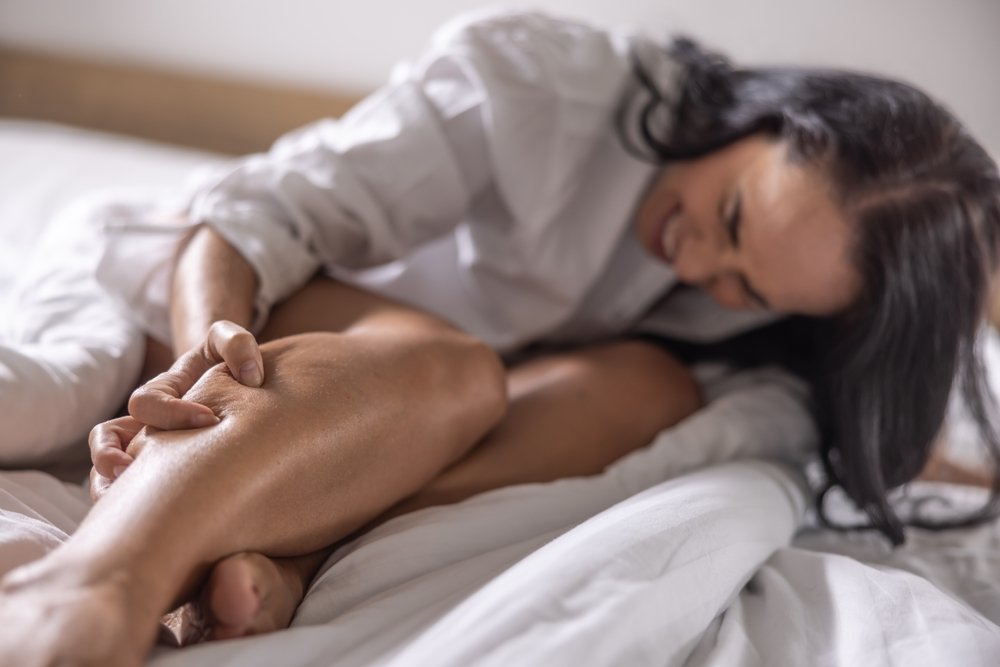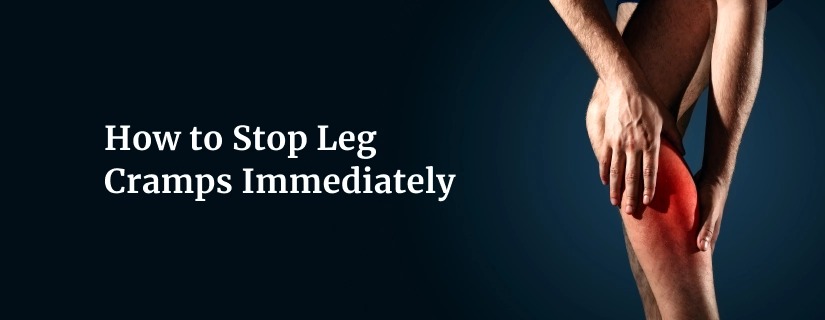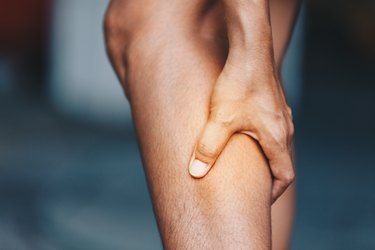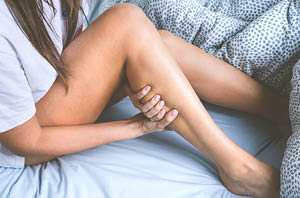Leg cramps, particularly at night, can disrupt your sleep with sudden, sharp pain. While leg cramps are common and usually harmless, they can affect your quality of sleep and overall well-being. Here are 10 effective remedies to help you prevent and relieve leg cramps at night.
What Are Leg Cramps?

Leg cramps are involuntary muscle contractions that cause sudden tightening and pain, usually in the calf, foot, or thigh. They can last from a few seconds to several minutes. Nocturnal leg cramps, or leg cramps at night, are episodes that occur while you are resting or sleeping. These can wake you up and leave you feeling sore. Most cases of leg cramps reported happen at night.
Common Causes of Leg Cramps at Night
Several factors may contribute to leg cramps at night, including:
- Dehydration
- Electrolyte Imbalance (potassium, magnesium, calcium, and sodium deficiencies)
- Muscle Overuse or Fatigue
- Medications (like diuretics and statins)
- Pregnancy
- Medical Conditions (diabetes, kidney disease, thyroid issues)
- Age (older adults are more prone)
10 Remedies to Stop Leg Cramps at Night

- Stay Hydrated
- Dehydration is a common cause of muscle cramps. Ensure you’re drinking enough water throughout the day to stay hydrated. Avoid alcohol close to bedtime, as it dehydrates the body and may contribute to cramping by causing nutrient deficiencies and muscle tissue damage.
- Stretch Before Bed
- Gentle stretching, especially of the calf muscles, before bedtime can help prevent cramps. One effective stretch is the calf stretch against a wall: Stand facing the wall with your hands pressed against it, and step one leg back, keeping it straight, while bending the front knee and holding the stretch for 30 seconds. Repeat with the other leg.
- Stretch During a Cramp
- If a cramp strikes at night, stretching the affected muscle can provide relief. For calf cramps, sit and pull your toes toward your head, or try a forward lunge to stretch the cramped leg. Standing on your toes for a few seconds may also help.
- Apply Heat
- Heat helps relax tight muscles. Use a heating pad, warm towel, or hot water bottle on the affected area. A warm bath or shower before bed can also soothe muscles and reduce the chance of nighttime cramps.
- Massage the Muscle
- When a cramp occurs, gently massage the muscle with both hands to ease the tension. This can help loosen the muscle quickly and reduce pain.
- Magnesium Supplements
- Magnesium deficiency may be linked to muscle cramps. Consult your doctor before taking supplements, but if approved, magnesium could help prevent cramps. Magnesium plays a key role in muscle contraction and nerve function.
- Eat Potassium-Rich Foods
- Ensure your diet includes enough potassium, as low potassium levels can contribute to cramps. Foods rich in potassium include bananas, oranges, and potatoes.
- Use Proper Bedding
- Tight-fitting sheets or blankets can restrict movement and contribute to cramps. Sleep under loose bedding to avoid compressing the muscles or nerves in your legs.
- Walk or Shake the Leg
- Walking or moving your leg when cramps occur can increase blood flow to the muscles and ease the cramp. Walking helps open up small arteries in the legs, which improves circulation.
- Avoid Prolonged Sitting or Standing
- Sitting or standing in one position for extended periods can increase the risk of cramps. Try to move regularly throughout the day to keep blood circulating and avoid muscle strain or tension.
Final Thoughts

Nighttime leg cramps can be painful and disruptive, but by staying hydrated, maintaining a balanced diet, stretching regularly, and following these simple remedies, you can reduce the frequency and intensity of leg cramps. If leg cramps persist, consult a healthcare provider to rule out any underlying medical conditions.


